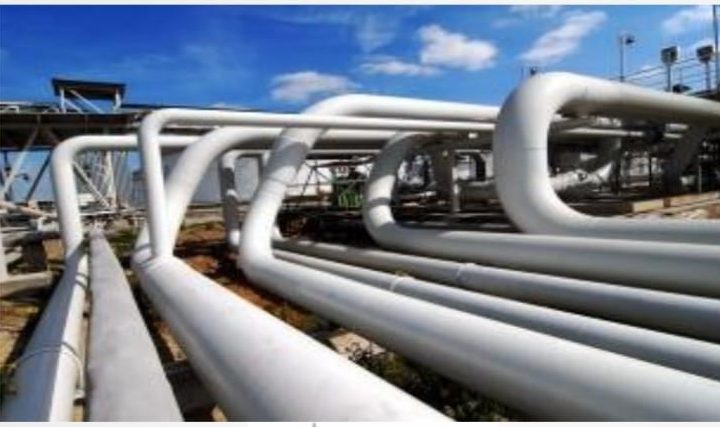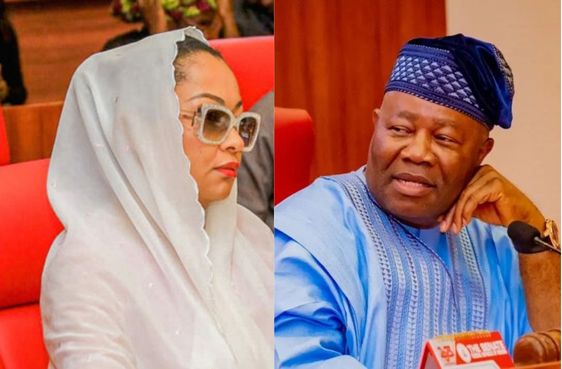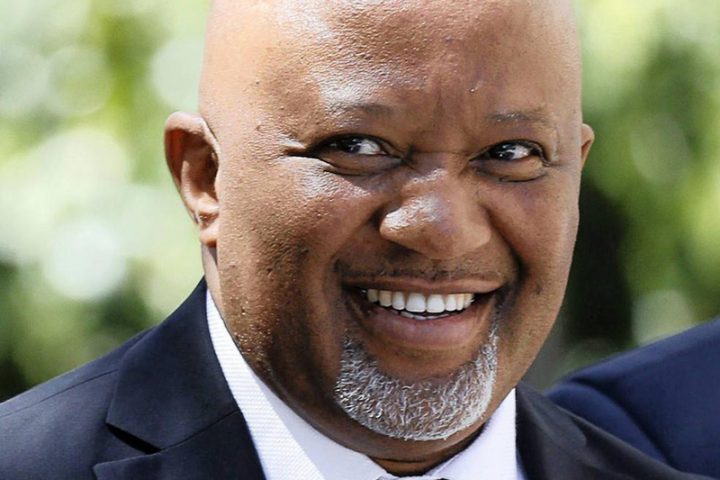South Koreans in their numbers poured into the streets on Saturday to celebrate as President Yoon Suk Yeol was impeached by the country’s parliament, marking a grim milestone in his turbulent presidency. The decision, which followed his controversial imposition of martial law earlier this month, has released the tension which gripped the country for the past 11 days.
Out of the 300-member National Assembly, 204 lawmakers voted in favour of Yoon’s removal, surpassing the two-thirds majority of 200 required for impeachment. This included 12 members of Yoon’s conservative People Power Party, who broke ranks to join the opposition-dominated parliament in sealing his fate. Eighty-five members voted against the motion.
Join our WhatsApp ChannelThe impeachment vote comes in the wake of widespread condemnation of Yoon’s December 3, 2024, declaration of martial law, a move many deemed undemocratic and unnecessary. Martial law would have placed the country under military control, suspending civil liberties, including freedom of assembly and the press. Parliament would have been dissolved, and the judiciary system placed under military oversight. While Yoon justified the decision as “an act of governance, not rebellion,” critics argued it was an authoritarian attempt to consolidate power, sparking public outrage.
READ ALSO:South Korean President, Yoon, Pledges New Ministry To Address Low Birth Rate
He alleged that it was placed due to the anti-state activities of some parliament members who are sympathetic to the regime in North Korea.
Yoon’s approval ratings, which had been declining due to a series of controversies, plummeted to an all-time low of 11% following the martial law declaration. His presidency had already been marred by scandals involving alleged corruption and preferential treatment linked to his wife, Kim Keon Hee. These issues, combined with perceptions of mismanagement, had eroded public trust long before the martial law crisis.
Thousands of citizens flooded the streets in protest, and emergency sessions were held in the National Assembly to revoke the order within hours. Demonstrators, many waving banners calling for Yoon’s impeachment, described his actions as a betrayal of South Korea’s democratic principles. Public celebrations erupted in Seoul and other major cities following the announcement of Yoon’s impeachment, with protesters calling it a victory for democracy.
The fallout from Yoon’s decision has been severe. His former Defense Minister, Kim Yong Hyun, who played a pivotal role in the martial law declaration, resigned and was subsequently arrested. The country’s police chief and the head of Seoul’s Metropolitan Police are also in custody, accused of ordering police deployment to the National Assembly during the crisis.
READ ALSO:Han Kang Becomes First South Korean To Win Nobel Prize In Literature
Despite the backlash, Yoon defended his actions in a televised address after the impeachment vote. “Although I am stopping for now, the journey I have walked with the people over the past two and a half years toward the future must never come to a halt. I will never give up,” he said, signaling his intent to remain a political force in the country.
The impeachment now moves to South Korea’s Constitutional Court, where six justices must unanimously uphold parliament’s decision for it to take effect. The court has 180 days to deliberate. Should it affirm the impeachment, a presidential election will be held within 60 days to determine Yoon’s successor.

















Follow Us